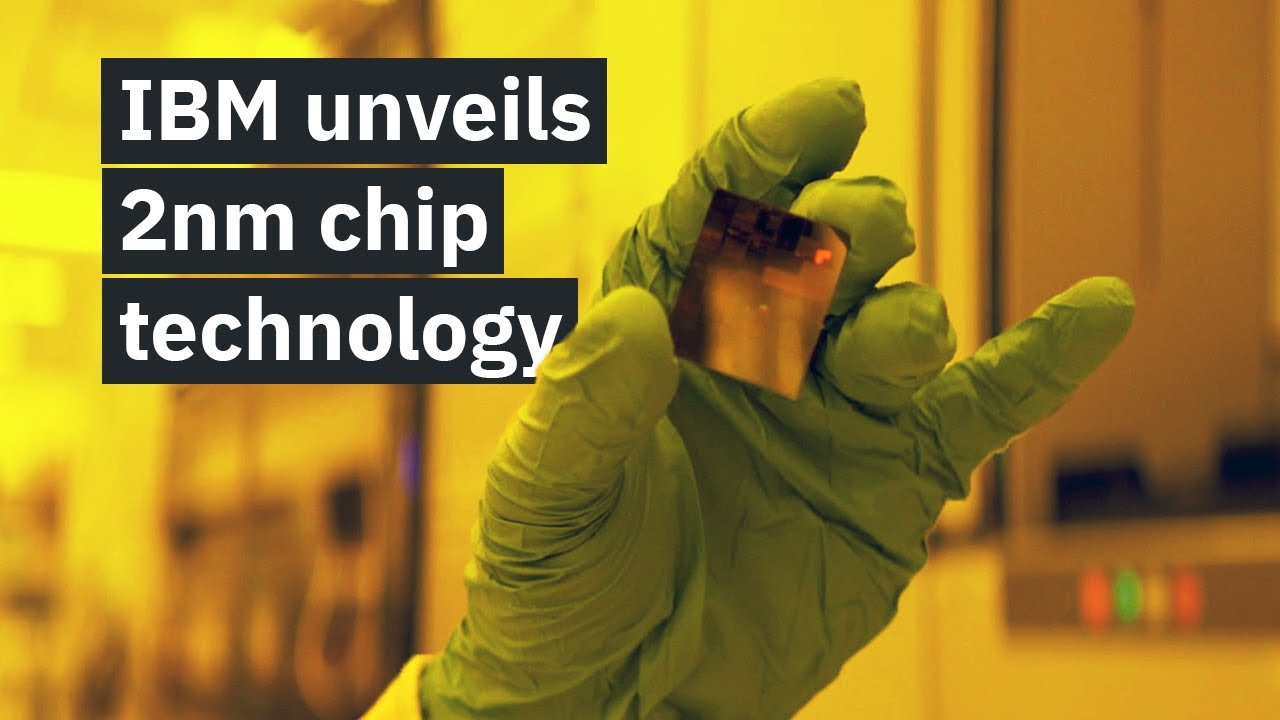
IBM makes 'next-generation' microchip
Computers, tablets and smartphones can do more and more things these days. Fifteen years ago, they were not powerful enough to store movies or play high-definition games. Computer chip technology has advanced at a fast rate. We can now stream movies on our smartphones and store huge amounts of data. IBM has announced it has made a significant breakthrough in microchip power. It has created chips that improve performance by 45 per cent. Its new chips also use 75 per cent less energy. This is good for the environment, and means batteries will be more energy efficient. The technology could quadruple mobile phone battery life. We might only need to charge our phones every four days.
IBM has greatly improved its microchips by reducing their size. The tech giant has created a two-nanometre chip. Computer engineers use nanometres to measure the size of chips. One nanometre is just a billionth of a metre. A chip that is 2nm in size is incredibly small. IBM says its 2nm processor can store 50 billion transistors on "a chip the size of a fingernail". Computer expert Peter Rudden said: "We have seen semiconductor manufacturers moving from 14nm to 10nm to 7nm, with 7nm being a real challenge for some." He said IBM's new chip could advance artificial intelligence (AI). The chips could also let data centres store more information. Data centres use one per cent of the world's electricity.
